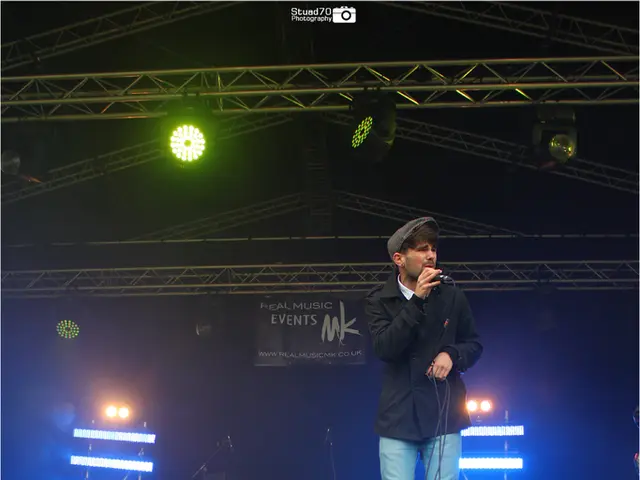Lithuanian president underscores significance of NATO movement in eastern region as an impactful instrument
The international community is witnessing a significant development as NATO prepares to launch the Eastern Sentry mission, aimed at bolstering its posture along its eastern flank. The announcement was made by NATO Secretary General Jens Stoltenberg and US General Alexus Grynkewich.
The coming days will see the commencement of the Eastern Sentry mission, following a series of drone incursions into Polish airspace last week. NATO has responded by strengthening its air defense, managing to shoot down three unmanned aircraft.
The mission will incorporate a range of assets from allies including Denmark, France, the United Kingdom, and Germany. Lithuanian President Gitanas Nauseda believes that this new initiative will be "a highly effective measure" to deter Russia.
The reinforcements for the Eastern Sentry mission will include more traditional military capabilities and elements designed to address the use of drones. However, President Nauseda did not specify which allied capabilities would be deployed in Lithuania.
The Baltic Sentry mission in the Baltic Sea, which has proven its worth, is set to have its mission extended. President Nauseda noted that Russia is testing NATO's resilience as an organization and expressed confidence in the Alliance's ability to prepare and respond adequately to such challenges.
The Eastern Sentry mission will involve the deployment of a permanent German brigade of about 5,000 soldiers to strengthen deterrence and defense on the eastern flank. This deployment will be accompanied by highly mobile German forces such as paratroopers that can be deployed within days. The mission includes specialized rapid reaction forces under the Allied Reaction Force (ARF), with Germany also providing chemical, biological, radiological, and nuclear (CBRN) defense, logistical support, and command personnel.
The German Bundeswehr will act as a key logistical hub for troop and material transport across Europe, while NATO's Eastern Sentry operation will enhance airspace surveillance and air defense capabilities against threats including drones. Contributions such as Eurofighter and Rafale jets from Germany and France, plus other assets from allied countries, will be integral to this operation.
The Eastern Sentry mission is intended to deter Russia. Last weekend, Poland's General Staff launched the mission, with a French A400M transport aircraft landing at Minsk Mazowiecki Airport to deliver equipment for Rafale fighter jets in Poland.
However, the new mission does not seem to involve the implementation of an air defense model, according to President Nauseda. On Saturday evening, a drone entered Romania's airspace during a Russian strike on Ukraine. It remains unclear whether the drone was intentionally targeting Romania or strayed after being diverted by Ukraine's defense systems.
NATO Secretary General Mark Rutte announced that the Alliance would reinforce the defense of its eastern flank following Russian drone incursions into Polish airspace. Since Russia's invasion of Ukraine more than three years ago, Russian drones have violated the airspace of Poland, Romania, Latvia, and Lithuania several times, with the intention or cause of these incursions remaining unclear.
Read also:
- United States tariffs pose a threat to India, necessitating the recruitment of adept negotiators or strategists, similar to those who had influenced Trump's decisions.
- Weekly happenings in the German Federal Parliament (Bundestag)
- Southwest region's most popular posts, accompanied by an inquiry:
- Discussion between Putin and Trump in Alaska could potentially overshadow Ukraine's concerns








